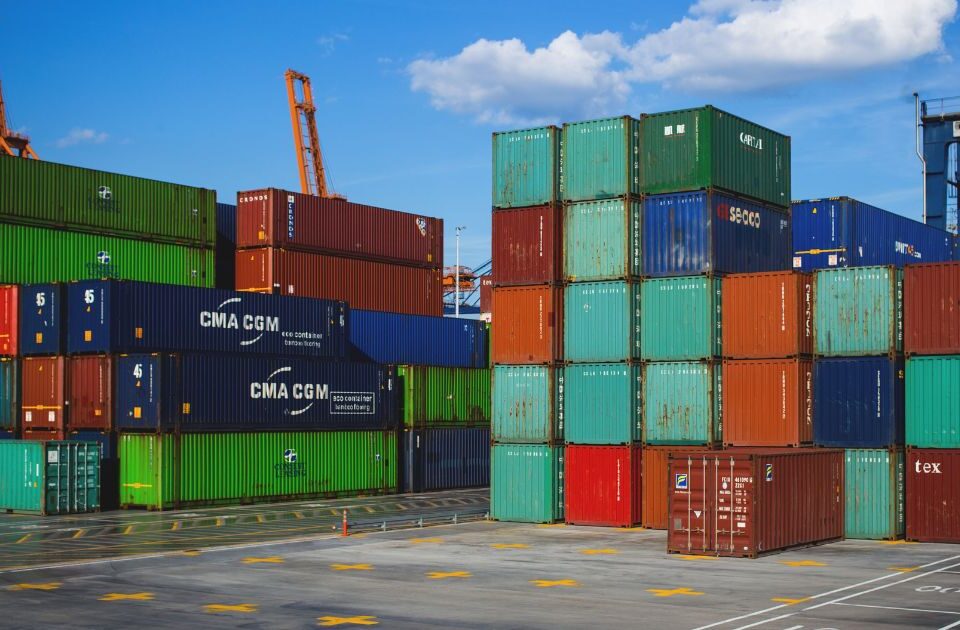
COVID Concerns Continue
July 12, 2022
Happenings – West Coast Major Ports
July 26, 2022Do You Use Owner Operator Truckers in California?
State of California Assembly Bill 5 (AB5) may force owner-operator truckers to leave the State to look for trucking jobs or quit trucking to seek different careers. This week, the California law would affect owner-operators, although they have existed and operated for decades according to the California Trucking Association.
Why?
Owner-Operator Truckers/drivers do not meet the three-pronged legal test to categorize them as an independent contractor.
Law Implementation Guidance
The state has not provided guidance to owner-operators, if they can work as independent contractors. It appears, State of California legislators want to increase the footprint of the Teamsters Union in the California trucking industry.
The Teamsters pushed the AB5 bill, as once implemented, the antitrust law previsions prevent independent contractor truckers from being organized into unions. If categorized as an independent trucker, they cannot join a union. Increasing truckers as employees, working for a company, they can become union members.
Uncertainty Exists
Some trucking carriers, in anticipation that AB5 would be applied to trucking, have converted owner operators to employees. However, it is not appealing to most trucking carriers, who would then have to pay all employee benefits required by the state.
Not On the Road
The California Trucking Association estimates the law may push thousands of independent truckers off the road, while they take the necessary steps to comply with the new regulations.
Peak Season at West Coast Ports – Additional Woes
More than 70% of truckers serving the country’s West Coast largest U.S. ports are owner-operator truckers. The law comes into effect during the busiest months of the year as retailers stock up on back-to-school and holiday goods. As truckers leave the industry, wage demands and union work rules would result in higher trucking costs that would be passed on to importers/shippers.
Supply Congestion
While West Coast Ports have slowly made progress, the supply chain remains at higher dwell times for on-dock containers than pre-covid. Vessel carriers are operating without an ILWU (International Longshore and Warehouse Union) contract, while negotiations continue with the PMA (Pacific Maritime Association), rail congestion remains at 9 days and longer dwell times as rail employees discuss going on strike. Now, trucker owner operators are anticipated to protest and cause blockage at terminals that will hinder cargo pick-up and drop off.



